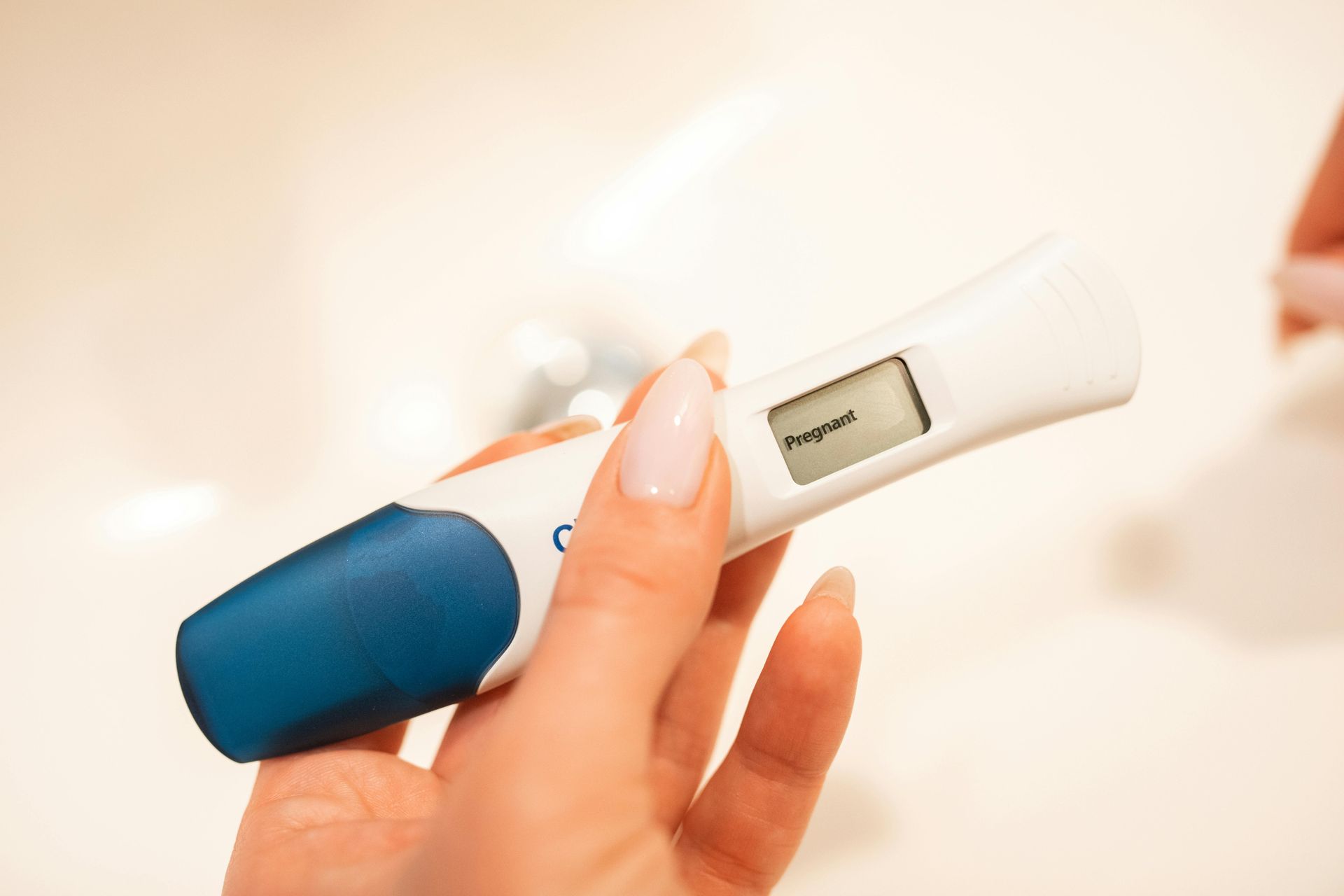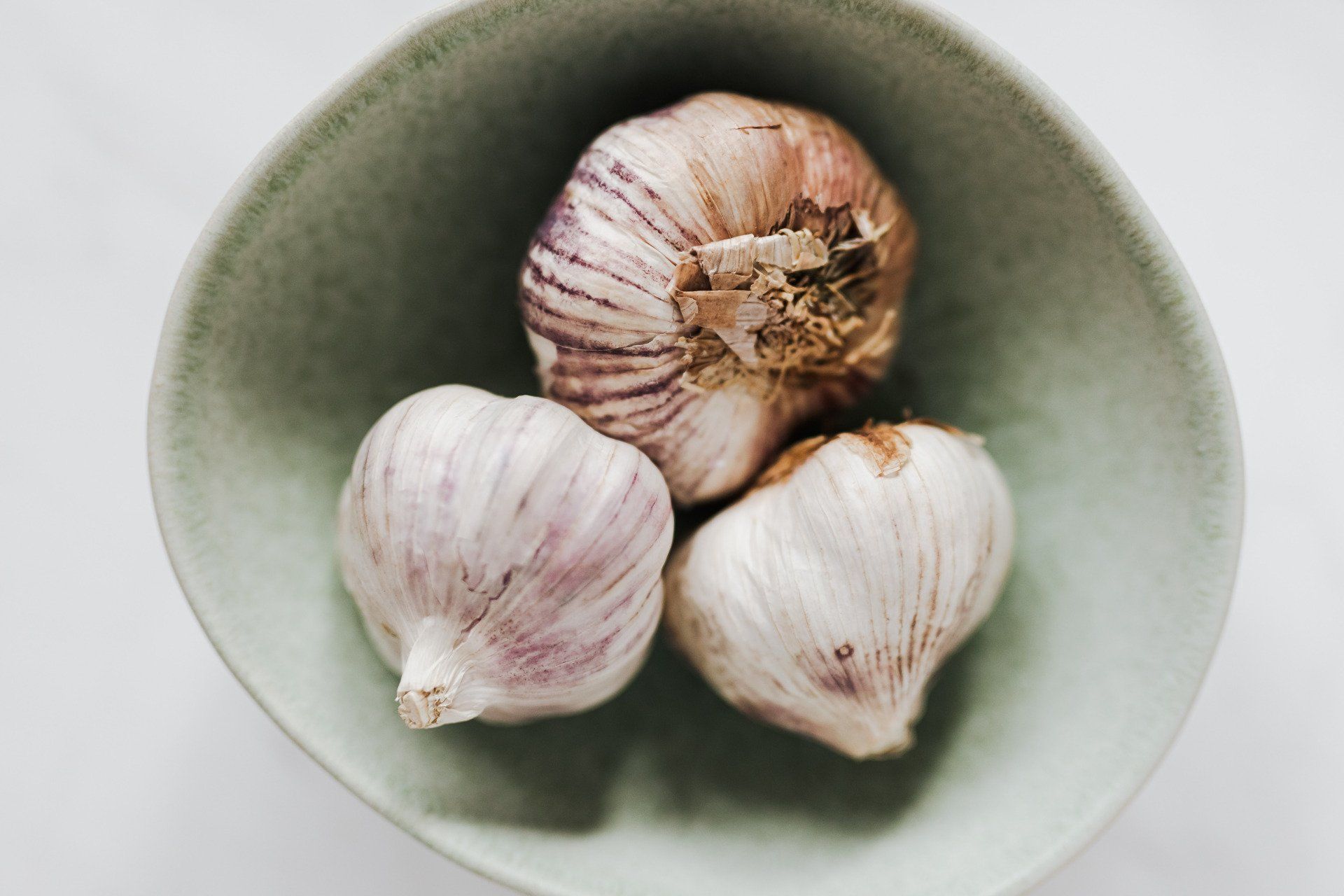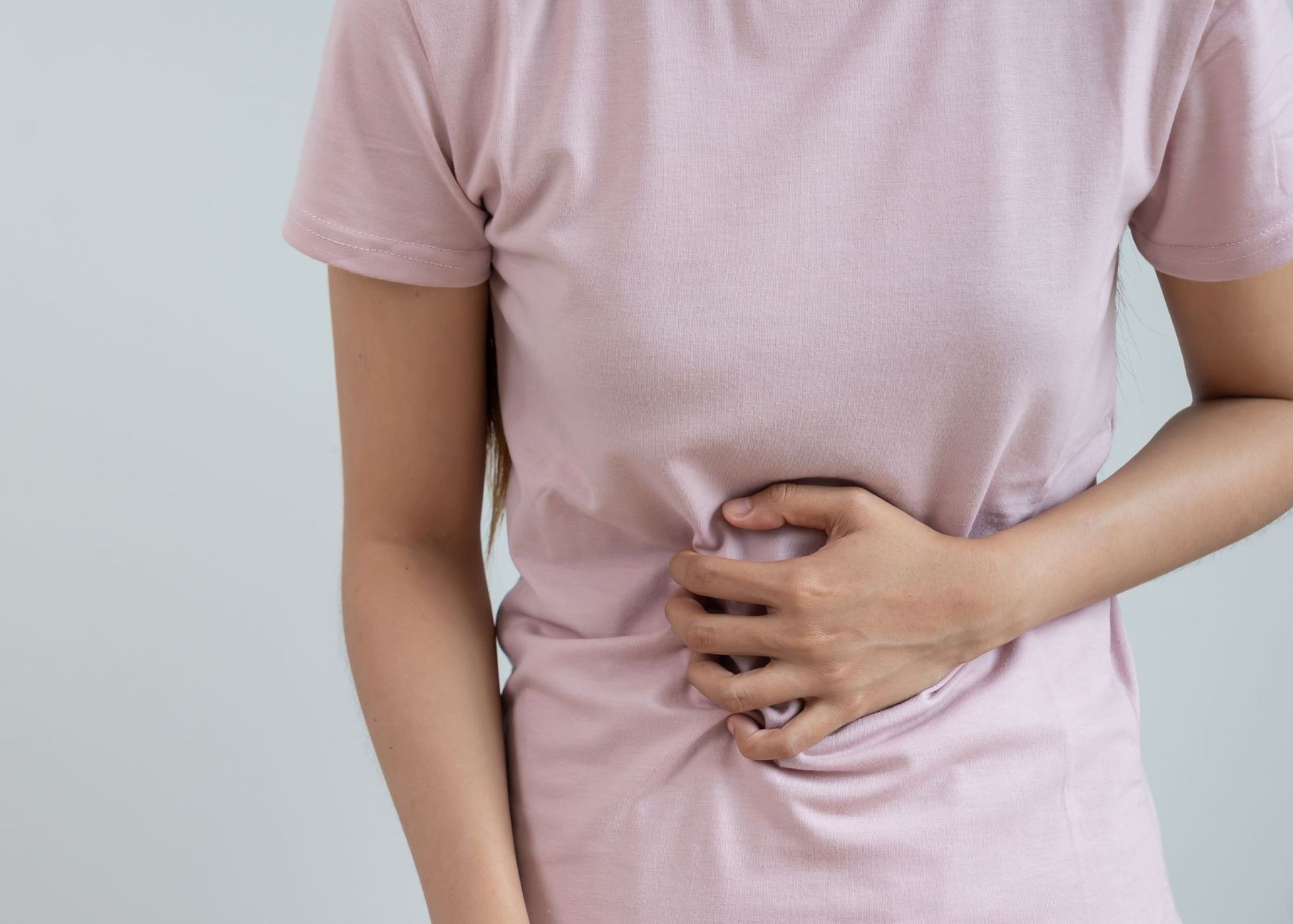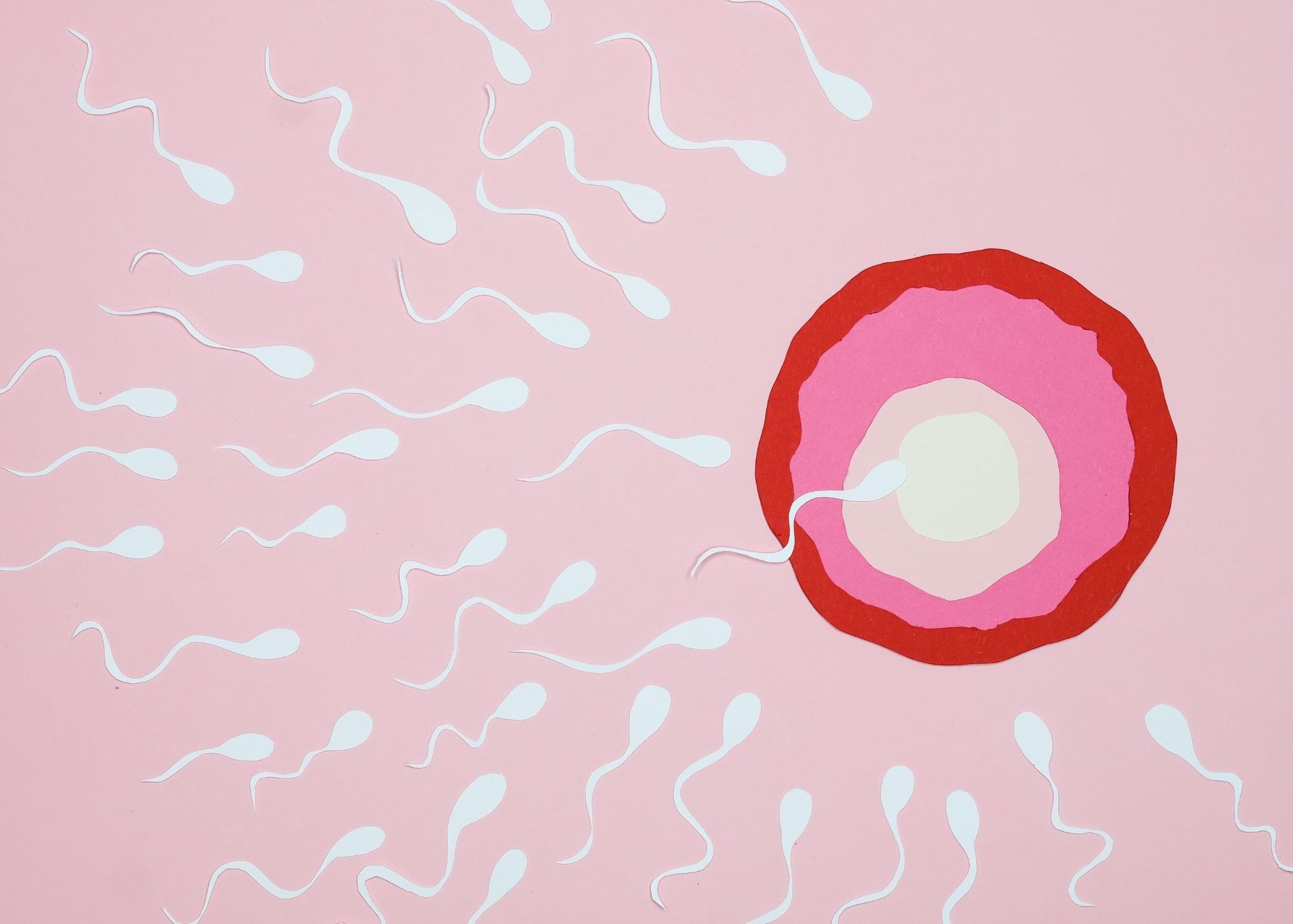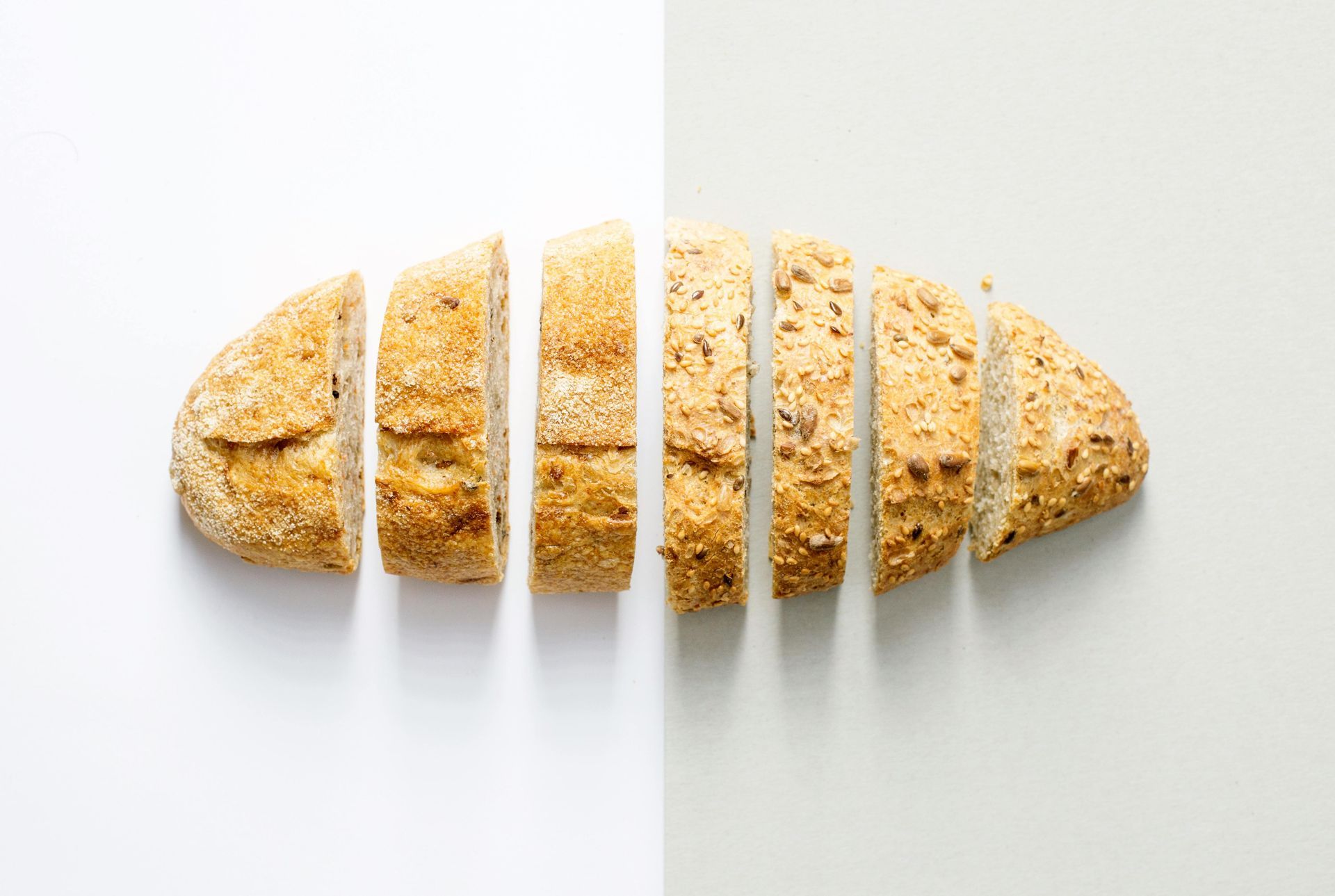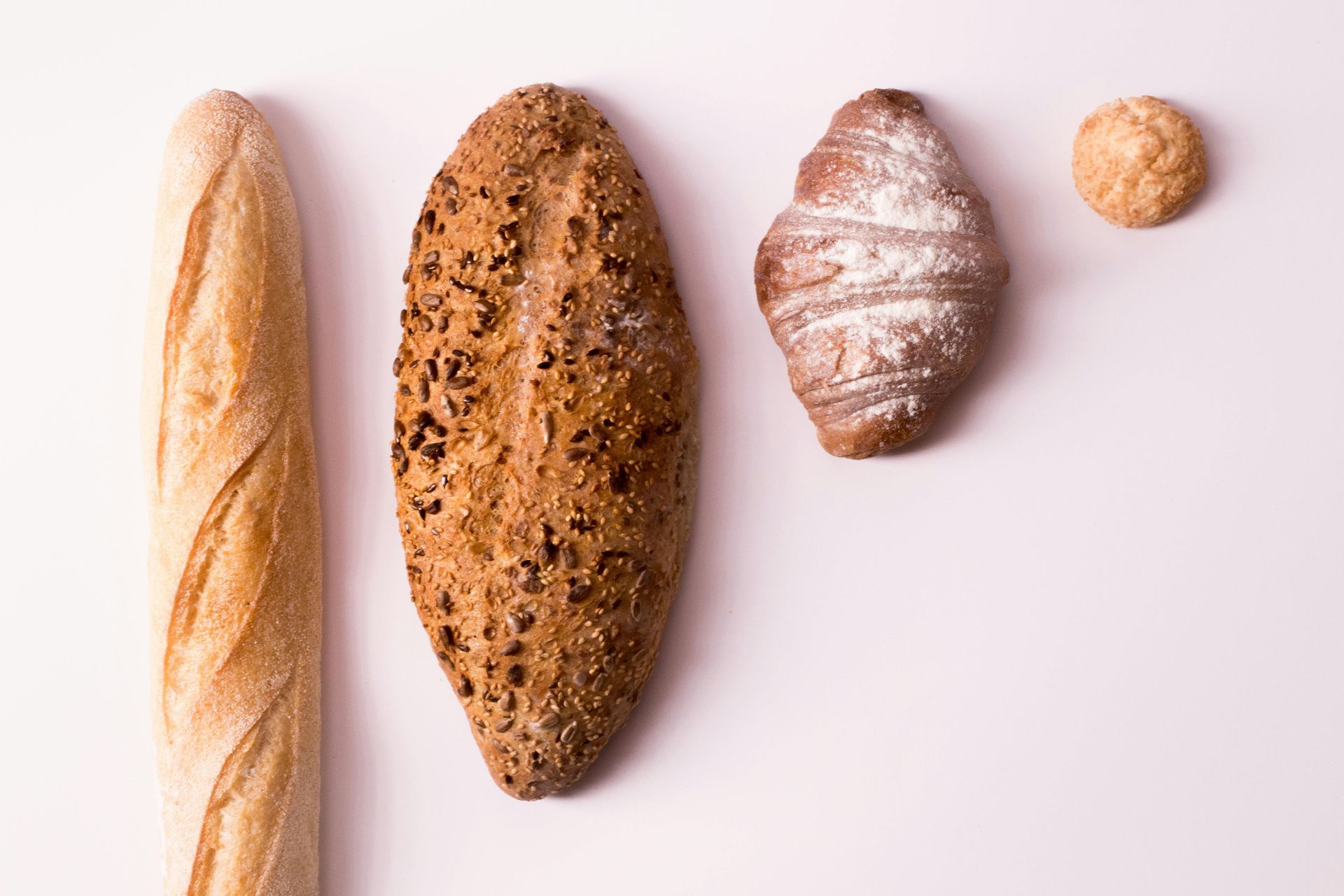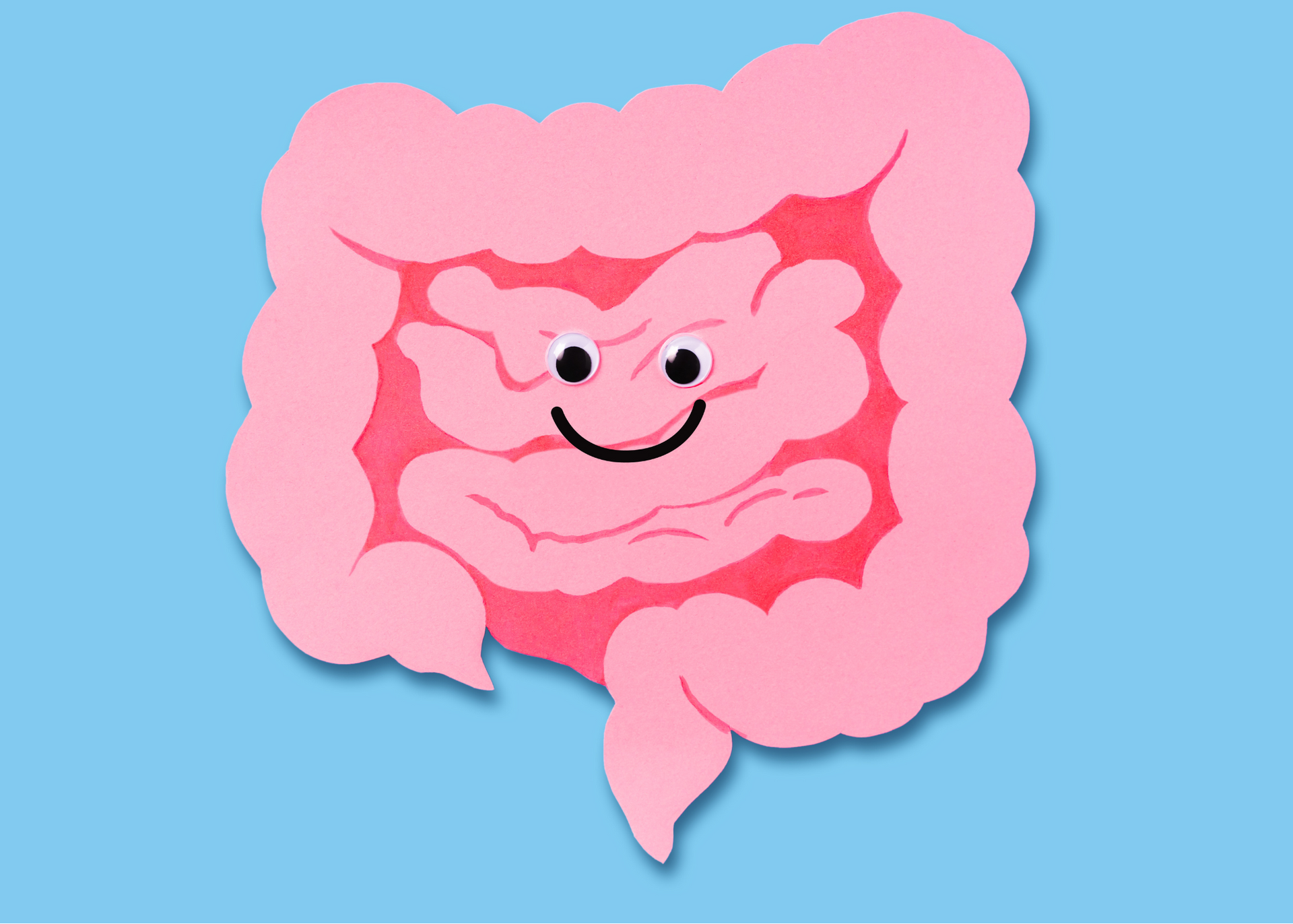The Best Diet for Hormone Balance: Everything You Need to Know
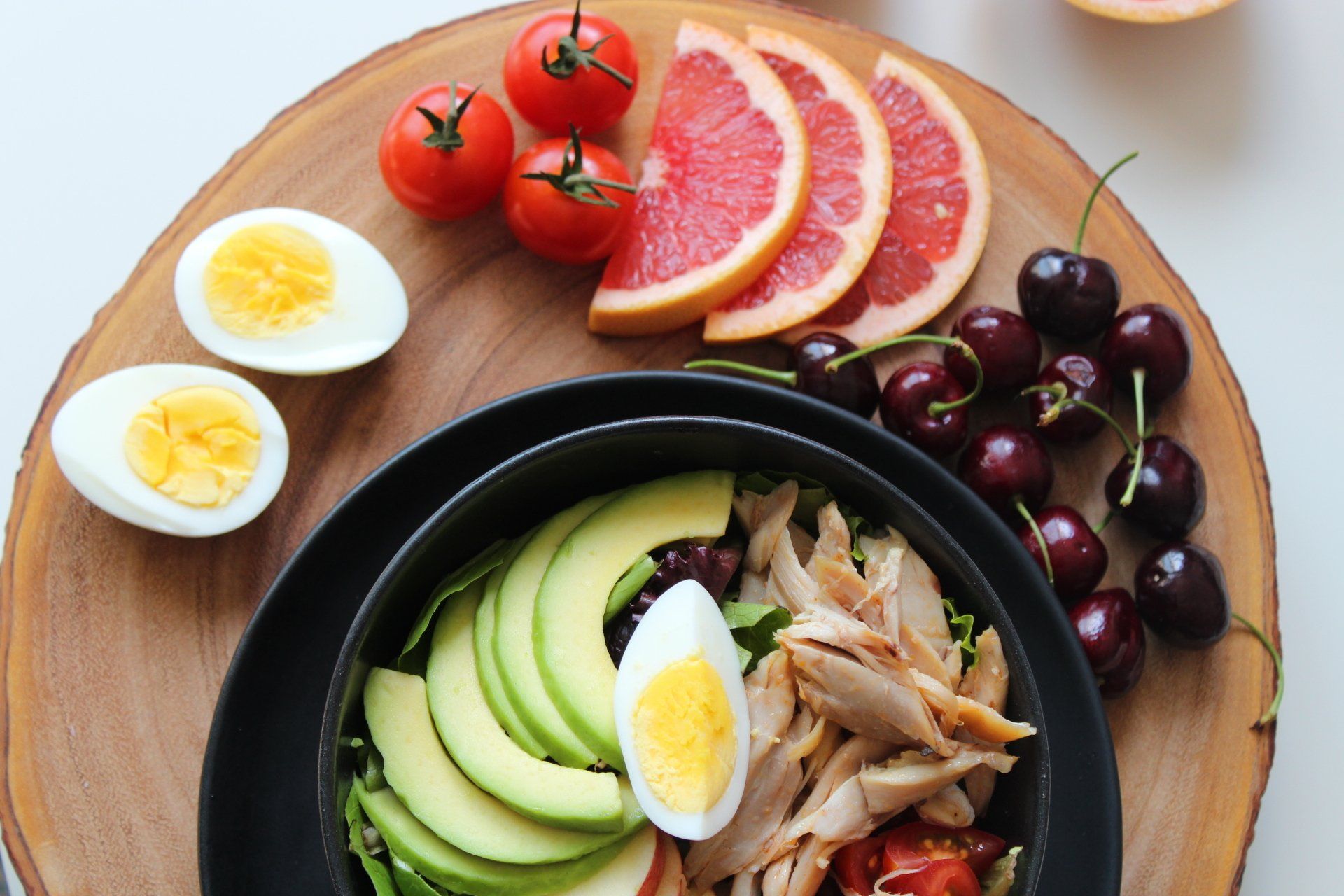
A Hormone Balancing Diet: The Key to All-Day Energy, Sustainable Weight Loss, and Low-Key Periods
Balanced hormones are KEY to feeling good in your body.
I've worked with hundreds of women to help them overcome debilitating fatigue, painful periods, acne, bloating, mood swings, unexplainable weight gain, anxiety, and more. Want to know the common denominator? Imbalanced hormones.
Over and over again I saw imbalanced hormones on my clients' labwork, and over and over again women started feeling amazing when we rebalanced those hormones.
This is why I created my Restore Program - to help women take control of their hormones on their terms (naturally!) and feel like themselves again.
The food you eat plays a huge role in hormone balance. In this blog post we're going to dive into powerful ways to use nutrition to nourish your body and start healing your hormones from the inside out.
In this blog post I will cover:
- Signs of hormone imbalance
- Essential hormone balancing foods
- Hormone disrupting foods to avoid
- Tips for creating a hormone-balancing meal plan
- The link to a 10 day hormone-balancing meal plan
- Where to go from here
What are signs of hormone imbalance?

Hormones are cell messengers. These messengers send signals to various parts of the body and tell them what to do and when to do it.
There are over fifty hormones in the human body so a hormone “imbalance” can mean a lot of things. I'm going to walk you through the major hormones and what to watch out for to see if a hormone imbalance is the reason things feel "off" in your body.
There are four major categories of hormones:
- Metabolic hormones like insulin
- Thyroid hormones
- Stress response hormones like cortisol and epinephrine
- Sex hormones like estrogen and testosterone.
Oftentimes when someone says “hormone imbalance” they are referring to sex hormones, but in reality hormones from any of these categories can become imbalanced if there is too much or too little in the body.
Some hormonal imbalances are temporary, but many are long-lasting. Conditions caused by hormonal imbalances include insulin resistance, diabetes, thyroid disease, chronic fatigue syndrome, insomnia, endometriosis, PCOS, and amenorrhea (no periods).
Because hormones affect so many parts of the body, the symptoms can be wide ranging.
Symptoms of hormonal imbalance include:
- Unexplained weight gain or weight loss
- Belly fat
- Difficulty building muscle
- Difficulty waking up in the morning
- All-day fatigue
- Afternoon energy slump
- Feeling sleepy or sluggish after eating
- Feeling "hangry", tired, or lightheaded in between meals
- Constipation
- Bloating
- IBS
- Depression
- Anxiety
- Irritability
- Mood swings
- Hirsutism (excessive thick, dark hair growth around mouth, chin, neck, chest, tummy, lower back, buttocks, or thighs)
- Heavy, painful, and/or long periods
- Hot flashes
- Night sweats
- Irregular periods
- Amennorhea (no period)
- Low libido/sex drive
- Vaginal dryness
- Infertility
- Headaches
- Feeling lightheaded or dizzy when standing
- Trouble falling asleep or staying asleep
- Dry, coarse skin and hair
- Acne
- Hair loss or hair thinning
- Cold hands/feet
- Dark skin in the armpits or neck (acanthosis nigricans)
- Skin tags
- Extreme thirst
- Frequent urination
- Salt cravings
- Sugar cravings
- Muscle or joint pain
It's a long list, I know. And those are just the most common symptoms. If I included
every single symptom we would both be here all day!
Essential Hormone Balancing Foods
So what can you do about your hormone imbalances? Fortunately, a lot!
The food we eat has a direct impact on our hormone health and our endocrine system. We have the power to leverage that knowledge to create a diet that supports hormone balance, without crazy restrictions.
Here’s a list of must-have foods to include in your diet for hormone balancing.
Healthy Fats
Fat is key for our hormone health. Fats are literally the building blocks for hormones! Not only that, fat is incredibly helpful for blood sugar stability.
Healthy fats help slow the absorption of carbohydrates, reducing the risk of steep blood sugar spikes. Consuming enough healthy fats is important for blood sugar stability and healthy hormones.
What to eat: Avocado, salmon, barramundi, sardines, whole eggs, walnuts, chia seeds, almonds, sunflower seeds, pumpkin seeds, hemp seeds, olive oil, olives, coconut products, cheese, butter, other whole fat dairy products
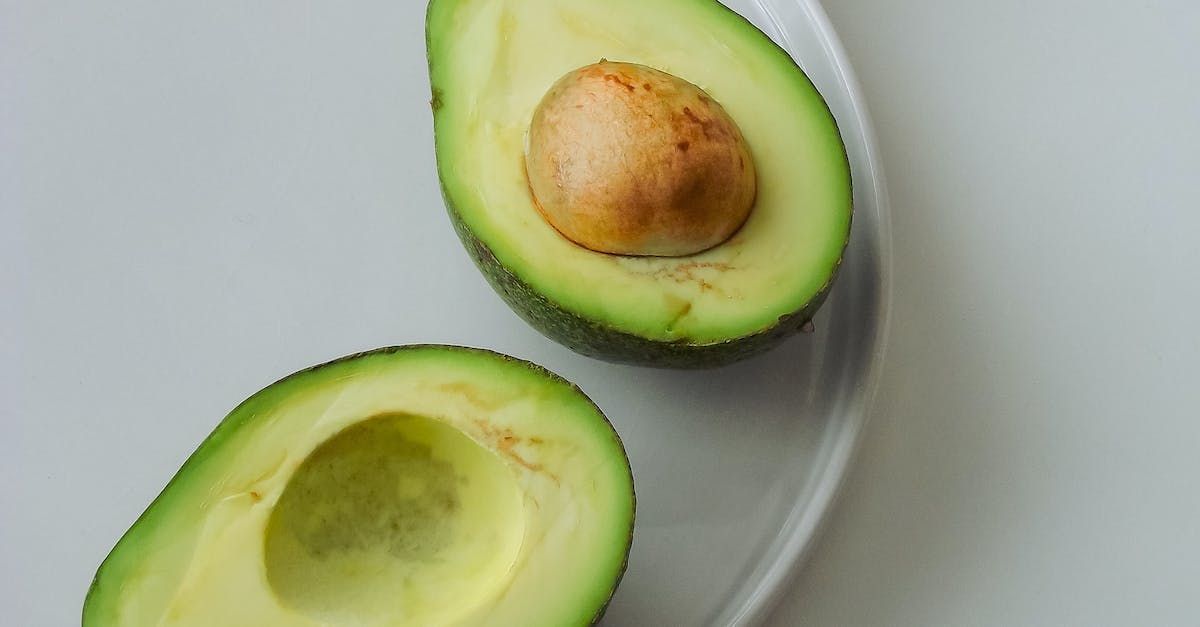
Anti-Inflammatory Foods
Inflammation and hormone health have a reciprocal relationship, meaning hormones impact inflammation and inflammation impacts hormones.
Since inflammation can be a hormone-controlled process, stabilizing hormones with your diet can help reduce overall inflammation. This creates a positive feedback cycle that supports healthy hormones.
Prioritizing anti-inflammatory foods is a great way to keep inflammation at bay and thus maintain healthy, balanced hormones.
What to eat: Purple foods (cabbage, beets, berries, radicchio), fatty fish like salmon, turmeric, ginger, olive oil, dark leafy greens, green tea, dark chocolate, tomatoes, citrus, bell peppers
Cruciferous Vegetables
Cruciferous vegetables contain two important phytonutrients, diindolylmethane (DIM) and indole-3-carbinol (IC3). Both support estrogen detox in the liver and the digestive system, meaning they help break down and remove estrogen from the body to avoid recirculation.
Cruciferous vegetables also provide hormone healthy antioxidants and fiber to keep inflammation at bay and support a healthy gut, which benefits our hormone health.
What to eat: Broccoli, cauliflower, brussels sprouts, kale, bok choy, cabbage, radish, watercress, broccoli sprouts

High-Quality Protein
Some hormones are made from fats, while others are made from proteins. Hormones made from proteins are called peptide hormones and include insulin, growth hormone, and ghrelin.
Peptide hormones play a critical role in energy balance, metabolism, appetite, gut health, heart health, and fertility. Consuming adequate dietary protein is important for ensuring healthy peptide hormone production.
In my
Restore Program:
- I explain the difference between plant-based and animal-based protein sources
- I walk you through super easy calculations to make sure you’re getting enough protein on a daily basis
- I provide easy, delicious recipes that include all of the recommended protein sources listed below
What to eat: Grass-fed and finished beef, pasture raised chicken and turkey, wild game, salmon, barramundi, eggs, and full-fat dairy
Prebiotics
Most people are familiar with probiotics, but prebiotics are often overlooked.
Probiotics are the live bacteria found in fermented foods like yogurt and miso that add to the healthy bacterial population in the gut. Prebiotics are the fibers found in fruits, vegetables and whole grains that provide the fuel healthy bacteria consume to support a thriving gut microbiome. And a healthy gut microbiome is key to healthy hormones.
What to eat: Chickpeas, onions, asparagus, leeks, jicama, bananas, garlic, jerusalem artichoke, dandelion root, chicory root
Slow-Burn Carbs
Complex or high-fiber carbs provide a slow-release energy source and support healthy adrenal and thyroid function.
Low-carb diets have become popular in the last few years and although they are appropriate in some cases, they have been shown to stress the adrenals and so many women are already experiencing adrenal dysfunction.
I’ve worked with hundreds of women that experienced improved energy levels, more mental clarity, better sleep, and boosted metabolism from increasing their carb intake!
If you don’t eat enough carbs, your body turns to protein for energy production in a process that requires the stress hormone cortisol. The need for cortisol to generate glucose puts more stress on the adrenals as well as the thyroid.
Eating enough slow-burn carbs provides adequate energy to keep the adrenals and thyroid functioning optimally.
Eating too many
carbs can cause blood sugar imbalances and hormone imbalances, so it’s critical to hit the carb sweet spot (if you need help with this, highly recommend my
Restore Program) and pair carbs with healthy fats, protein, and fiber.
What to eat: Sweet potatoes, potatoes, quinoa, butternut squash, spaghetti squash, beans, lentils, berries, pears, apples, citrus, melon, whole grains and whole grain breads, pastas, and crackers.
Liver Supporting Foods
The liver is SO important for hormone health because of its numerous endocrine functions including hormone production, metabolism and detoxification. Supporting the liver is an essential piece of every woman's gut health and hormone puzzle.
What to eat: Bitter foods like dandelion, radish, arugula, milk thistle, fenugreek seeds, turmeric, cruciferous vegetables, beets, whole eggs, citrus, garlic, berries, cranberries, fatty fish, nuts
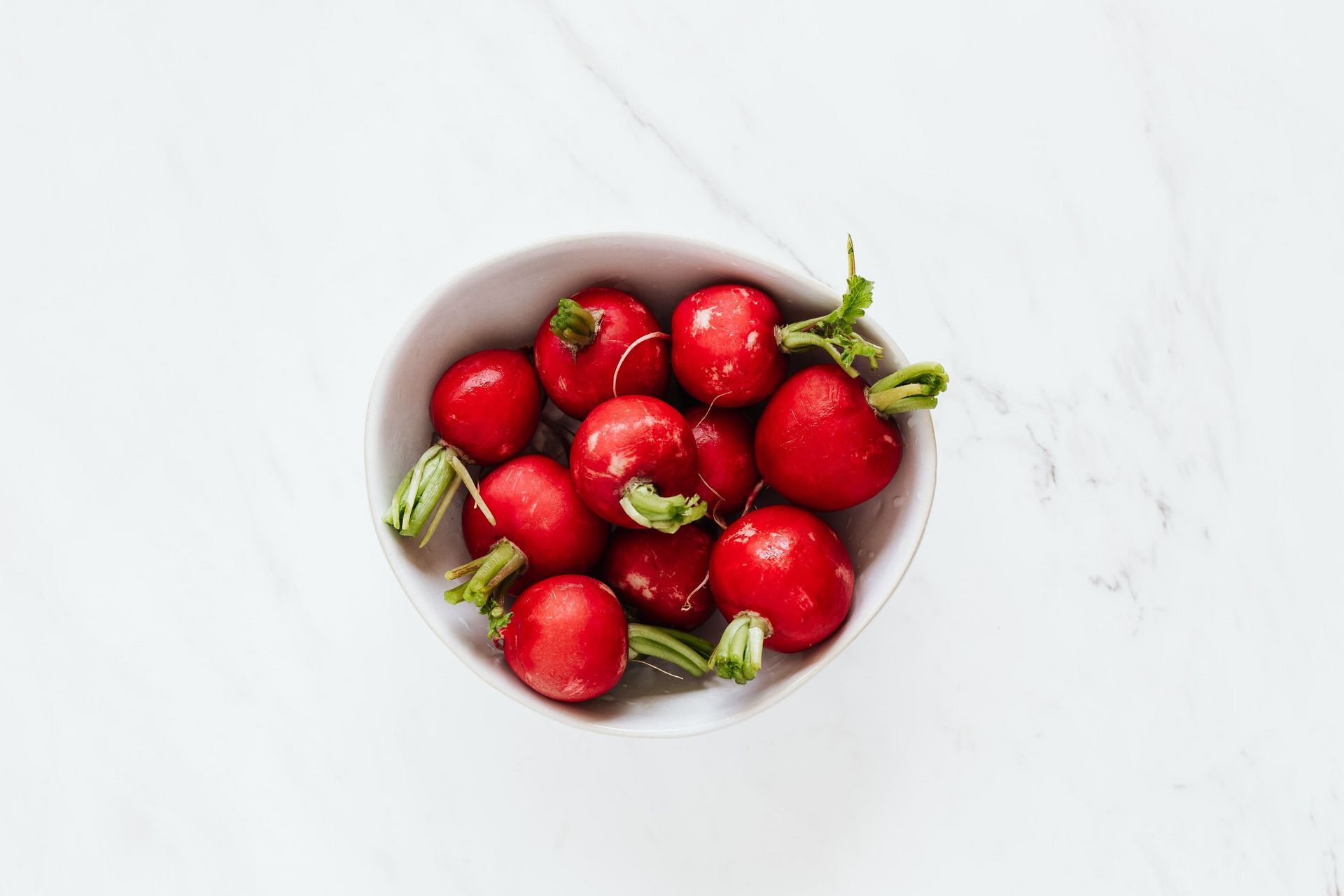
Start Small
That may seem like a long list of essential foods for hormone balance, but there’s a lot of overlap between the supporting foods.
Read through the “what to eat” lists and I’m sure you’ll find at least a few foods you already enjoy. Double down on those and aim to add one new food to your grocery list this week.
Want an easy jump-start? Check out my
Ten Day Reset, which includes a ten day hormone-balancing meal plan, grocery list, and meal prep guide to take all of the guesswork out of rebalancing your hormones naturally.
Hormone Disrupting Foods
Including the hormone-supporting foods above is incredibly helpful for hormone balance, but minimizing these four hormone-disrupting foods is just as important.
Note: Trying to avoid these 100% of the time can be incredibly stressful, and that stress alone can disrupt your hormone balance. Instead of aiming for perfection, focus on reducing them most of the time, and allow yourself to fully enjoy the moments when you do indulge.
Added Sugars
Because imbalanced blood sugars can result in hormone imbalances, reducing added sugars is an important part of a hormone-friendly diet.
Added sugars are commonly found in candy, cookies, cakes, ice cream and other desserts, soda, sports drinks, sweet tea, coffee drinks, and breakfast cereals.
Eating too much sugar results in insulin spikes which lowers sex hormone binding globulin (SHBG). SHBG’s job is to bind excess estrogen and testosterone and excrete them. So when SHBG is low, these hormones can become elevated.
Insulin also increases testosterone in women, promotes chronic inflammation, and hijacks the body's hunger/fullness system aka you accidentally overeat more food than your body actually needs.
Watch out for hidden sugars in processed foods that may seem healthy like nutrition bars, sauces, granola, nut butters, kombucha, salad dressings, and yogurts. Make it a habit to flip over packages and read the nutrition and ingredient label.
Unfortunately there are over fifty different names for sugar so familiarize yourself with the sneaky names too, so you know what to look for.
Fast-Burn Carbs
Similar to added sugars, fast-burn carbs contribute to insulin spikes and hormone imbalances.
Minimizing or eliminating fast-burn carbs like white bread and pasta, crackers, certain types of chips, cookies, and sugary beverages is a good place to start.
Replace these with the slow-burn carbs I told you about earlier!
Processed Foods
Processed foods like hot dogs, chicken nuggets, pizza, soda, french fries, and desserts (especially from fast food restaurants) often contain artificial flavors, preservatives, colorings, and added sugars and tend to be missing healthy fats, protein and fiber.
Processed foods are a perfect storm for hormone imbalances because they negatively impact blood sugar and gut health, they increase inflammation, and they contain large amounts of hormone-disrupting chemicals like phthalates and other "plasticizers".
Consuming too many processed foods also leaves
less room in the diet for nutritious foods and may rob your body of key hormone-balancing nutrients.
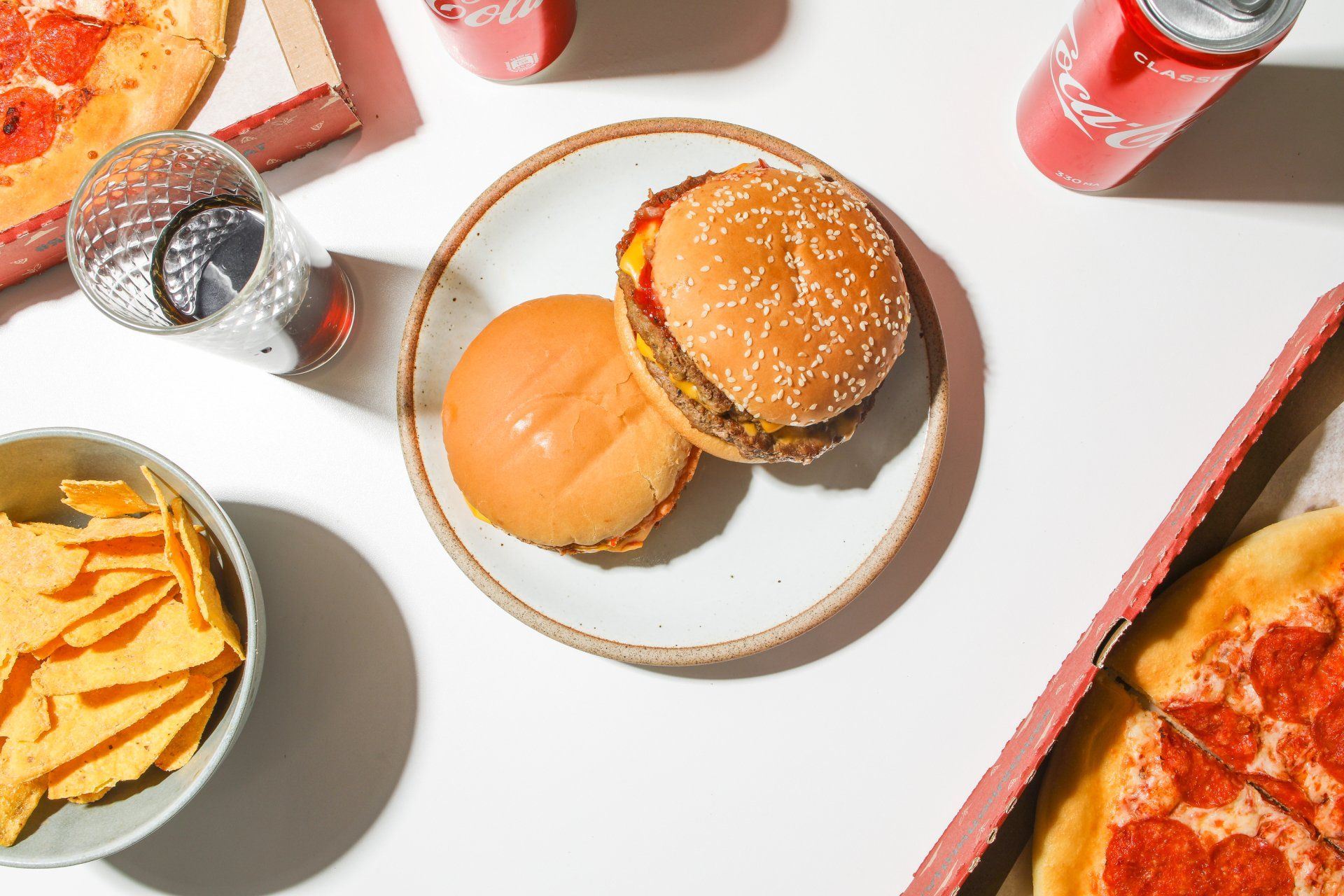
Alcohol
Alcohol consumption disrupts the communication between the nervous, endocrine, and immune systems, leading to hormonal disturbances that impact the entire body.
One of the best things you can do for your overall health is to reduce the amount of alcohol you drink. The jury is out -
no level of alcohol is safe or beneficial for our health.
These days, there are tons of nonalcoholic options available or
fun mocktail recipes if you want a replacement.
Creating a Hormone Balancing Meal Plan
Now that you know what foods to prioritize and what foods to avoid for hormone balance, here are some additional considerations for your hormone balancing meal plan.
Blood Sugar Stability
Blood sugar is produced when we break down any carbohydrate into glucose, our body's preferred energy source. It impacts how hungry and energized we feel, hormone stability, mood, weight loss, and so much more.
The key to blood sugar stability is not eliminating carbs, but learning how to make better carb choices and pairing them with healthy fats, proteins, and adequate fiber to keep blood sugar balanced (not too high and not too low).
Whole Foods
Whole foods are foods that have not been modified and are in their original form (i.e. a sweet potato vs a sweet potato chip).
Focusing on whole, unprocessed foods is a great way to ensure blood sugar stability and adequate macro/micronutrient consumption, all of which are components of a hormone-supportive diet.
An easy way to make sure you fill your grocery cart with whole foods is to shop the perimeter of the store. The aisles in the middle of the store are packed with packaged foods, while the perimeter holds all the essential whole foods you need for a hormone balancing diet.
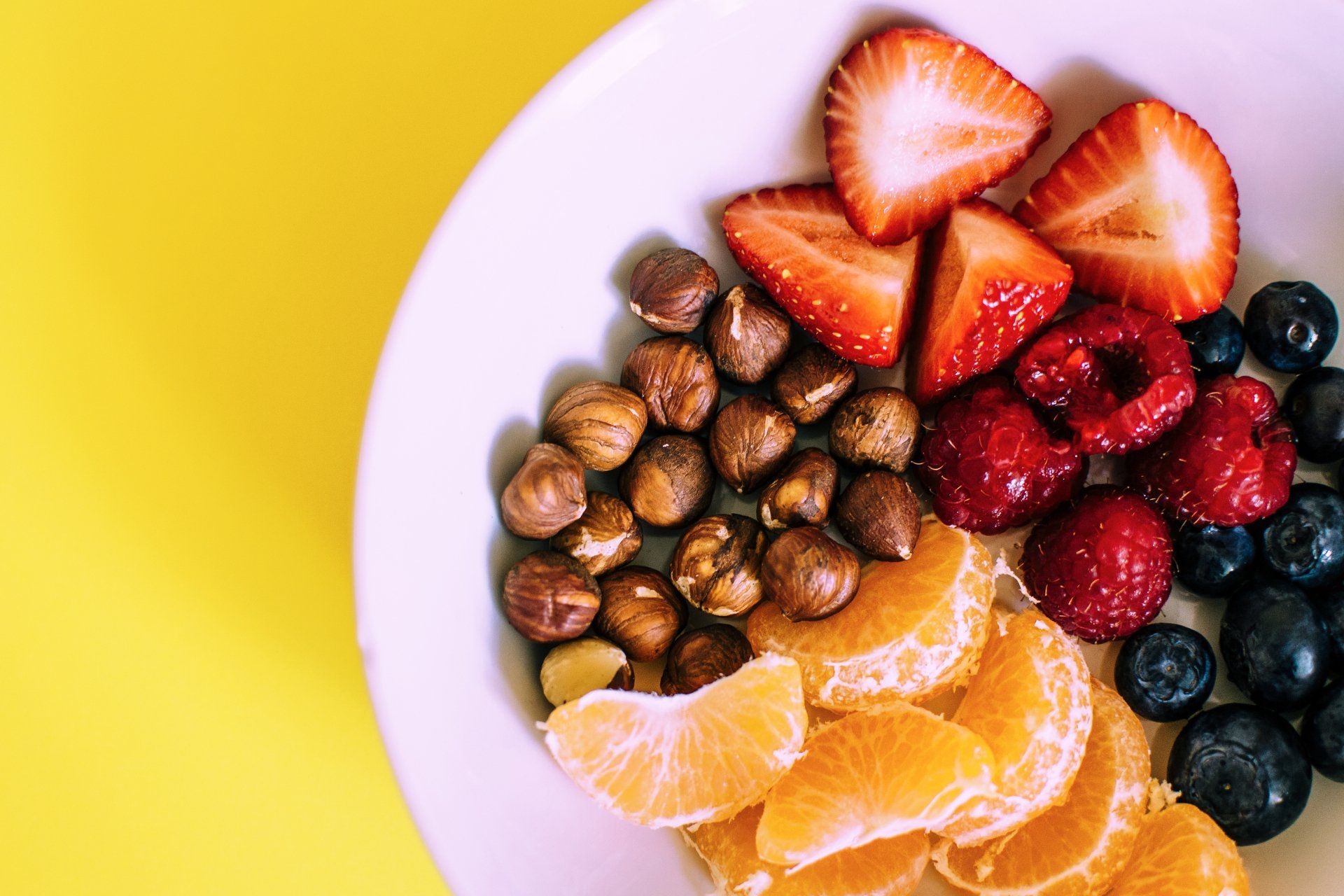
Variety
Eating a variety of foods supports a diverse gut microbiome, adequate micronutrient intake and antioxidant intake and, ultimately, healthy hormones. Aim to add one new food or a food you rarely eat to your grocery list each week. Herbs and spices count!
Sustainability
Last, but certainly not least, is sustainability. The healthiest meal plan is the one you can (and want) to stick to. Avoid making huge changes that feel restrictive or unrealistic.
Instead, start with a few small tweaks and add more when you’re feeling confident. Think about whether the changes you make are things you can see yourself doing forever. If not, how can you modify them to feel more relevant and realistic to your unique needs and lifestyle?
10 Day Hormone Balancing Meal Plan
Want a 10 day hormone balancing meal plan that takes out all the guesswork?
This 10-day plan is packed with simple, nourishing recipes designed to stabilize blood sugar, reduce inflammation, and boost energy. Whether you're new to hormone health or looking to fine-tune your diet, this guide has you covered.
Click here to get instant access.
A Hormone Balancing Diet: Let's Recap
Phew, that was a lot of information! Here’s a recap of the fundamental takeaways:
- Hormone health is essential to your overall health and wellbeing. Your hormones control your mood, energy, inflammation, weight, sleep, skin, and more.
- A hormone balancing diet includes healthy fats, anti-inflammatory foods, cruciferous vegetables, high quality proteins, prebiotics, slow-burn carbs, and foods that support your liver health.
- Hormone-disrupting foods include added sugars, fast-burn carbs, processed foods, and alcohol.
- Food can be used for natural hormone balance by prioritizing blood sugar stability, whole foods, variety, and sustainability.
Looking for More Hormone Balancing Support?
If these changes feel overwhelming and you want more guidance and support to balance your hormones, check out my Restore Program.
This is my most popular program where I walk you through all the hormone-balancing essentials one sustainable step at a time.
You also get access to monthly Zoom calls with me, helpful handouts, weekly checklists to keep you motivated and on track, and over 75 hormone-balancing recipes to get you well on your way to hormonal harmony.
Continue Reading
